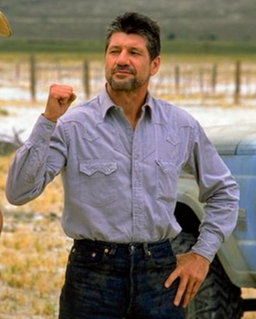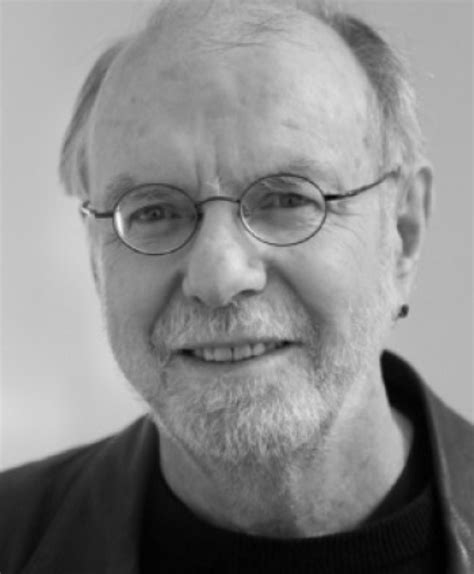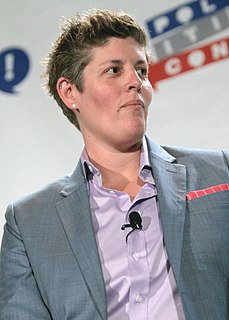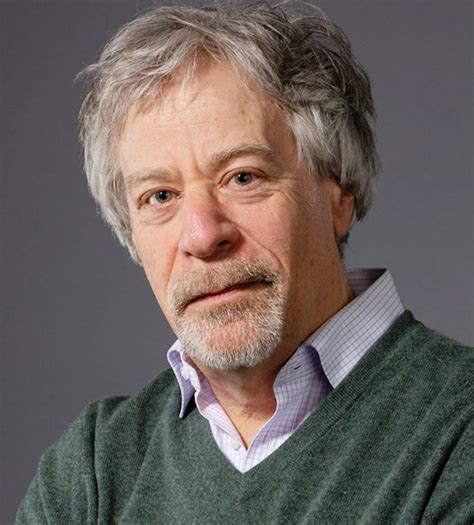A Quote by Alexander McCall Smith
There was a distinction between lying and telling half-truths, but it was a very narrow one.
Related Quotes
Distinction between species and specimen is very much like the distinction between images and actual pictures, or, you know, objects that have a definite material identity. The classifications, the categories, the stereotypes, and the images are on one side, and the material pictures, statues, texts, and so forth are on the other.
Both in verse and in prose [Karl] Shapiro loves, partly out of indignation and partly out of sheer mischievousness, to tell the naked truths or half-truths or quarter-truths that will make anybody's hair stand on end; he is always crying: "But he hasn't any clothes on!" about an emperor who is half the time surprisingly well-dressed.
Nothing is drearier than just always telling the truth about yourself. Rousseau, who as far as I can tell was a pathological liar, made this wonderful distinction between lying, which he said there was something wrong with if you were trying to extract an advantage for yourself or evade responsibility for some nasty thing you'd done. But if all you're really trying to do is impress or keep it young or make life more vivid and interesting, go for it! There's no real harm in doing something like that. I think people can be overly saddled to the truth.





































